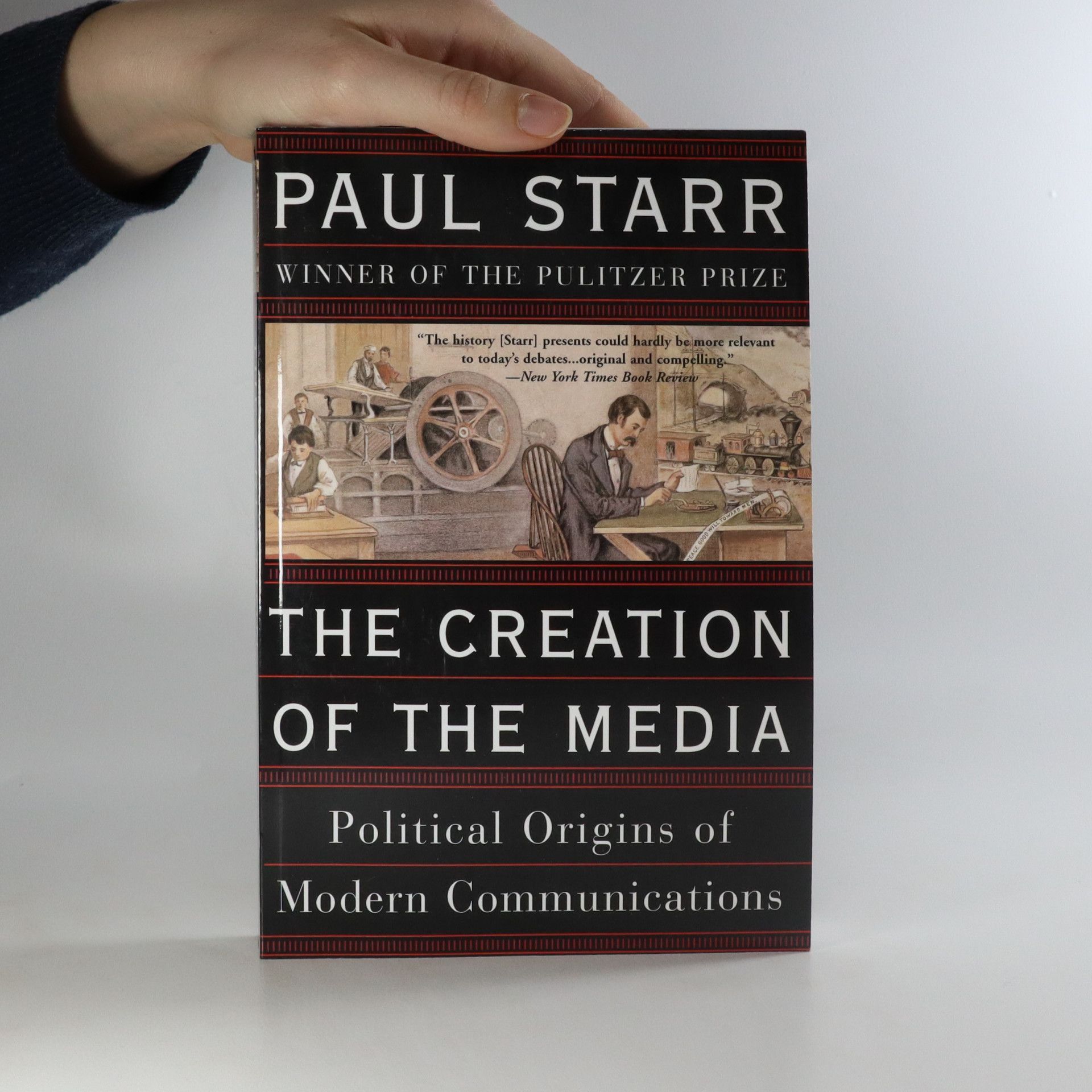America's prominent role in the information revolution reflects its status as a dominant economy and powerful state. However, by the early nineteenth century, when the U.S. was not yet a world power or a center for scientific discovery, it was already a leader in communications, excelling in postal services and newspaper publishing, and later in telegraph and telephone networks. This social history of American media, from the first printing press to early radio, illustrates that modern communications emerged from political choices as much as from technological advancements. The analysis reveals how decisions regarding a state-run post office and private monopolies on telegraph and telephone systems shaped society. It also addresses contemporary issues surrounding freedom of information by examining key topics like freedom of the press, intellectual property, privacy, public access to information, and the development of specific technologies and institutions. Starr argues that America's choices in these areas have significant long-term effects on societal development, with broad social, economic, and military implications. This work not only recounts media history in a novel way but also offers a fresh perspective on America’s global influence.
Paul Starr Livres




Liberalism in America faces significant challenges, with conservatives often dismissing it and some progressives rejecting it. Paul Starr argues that liberalism is a resilient public philosophy, deeply embedded in American traditions, and essential for enhancing freedom and security. The phrase “Life, liberty, and the pursuit of happiness” effectively encapsulates liberalism's goals, echoing Thomas Jefferson’s use of John Locke's ideas in the Declaration of Independence. What sets liberalism apart is not only its noble aspirations but also its practical principles for managing power. Originating as constitutional liberalism in the seventeenth and eighteenth centuries, it has laid the groundwork for some of the world's most prosperous and powerful states. Modern democratic liberalism has evolved to promote a more inclusive and egalitarian view of liberty and opportunity, addressing threats posed by excessive private power while supporting a vibrant market economy. It demonstrates how government can tackle economic crises and injustices while safeguarding civil liberties and equal rights. In light of conservative policies undermining America's fiscal and international strength, the relevance of liberalism is more critical than ever. This work illustrates why liberalism is effective and how it can once again benefit America.
Prior Regrets
- 282pages
- 10 heures de lecture
Spanning two decades, this narrative weaves a tale of growth, resilience, and transformation. It captures the journey of characters as they navigate life's challenges and milestones, reflecting on the passage of time and the impact of experiences. The book's rich storytelling and deep emotional resonance offer readers a profound exploration of human relationships and personal evolution, promising a compelling read that resonates with the intricacies of life.
Defining the Age
- 344pages
- 13 heures de lecture
In Defining the Age, Paul Starr and Julian E. Zelizer bring together a group of distinguished contributors to consider how Daniel Bell's ideas captured their historical moment and continue to provide profound insights into today's world.